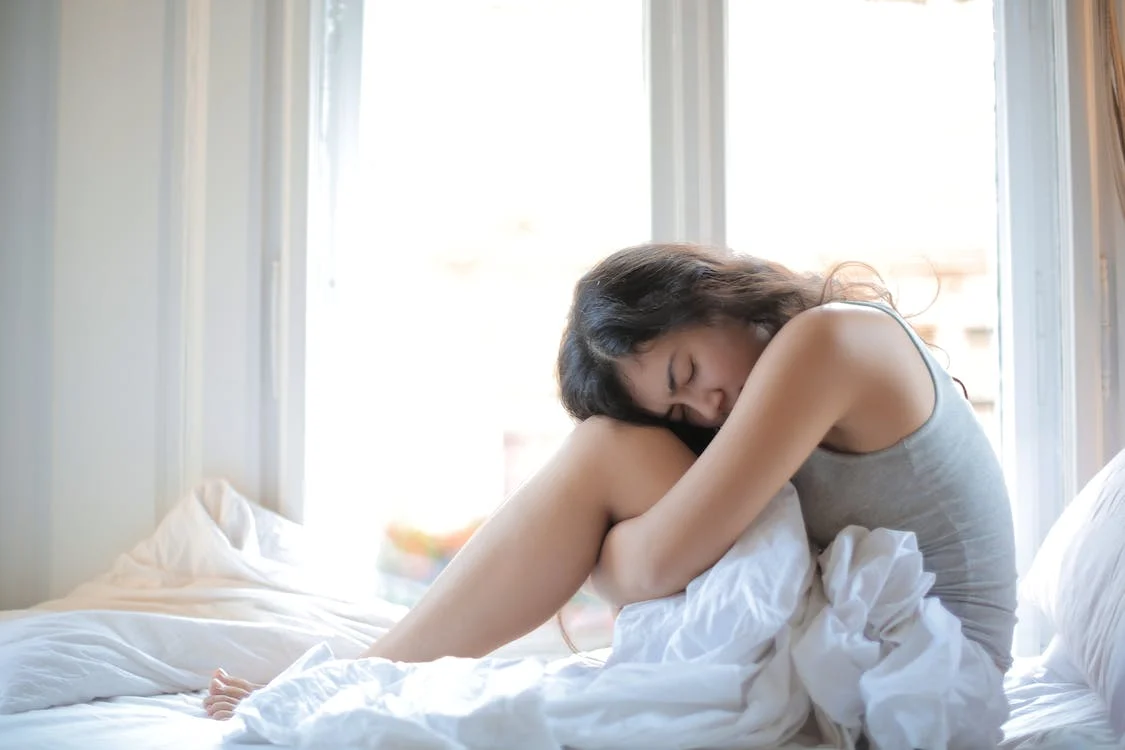Bladder Health
August 16, 2023
The bladder, a remarkable organ often taken for granted, plays a vital role in our overall well-being. Responsible for storing and eliminating urine, it serves as an essential component of our urinary system. While bladder health is often overlooked, its importance becomes apparent when we experience discomfort, urgency, or other urinary issues. This article will provide you with insights on what is normal for bladder health, good bladder habits and practical tips to help you have a healthy bladder.
WHAT IS CONSIDERED NORMAL?
- The average bladder can hold about 2 cups of urine before it needs to be emptied.
- The normal range of voiding urine is 6 to 8 times during a 24 hour period. As we get older, our bladder capacity can get smaller and we may need to pass urine more frequently but usually not more than every 2 hours.
- Urine should flow easily without discomfort in a good, steady stream until the bladder is empty. No pushing or straining is necessary to empty the bladder.
- An urge is a signal that you feel as the bladder stretches to fill with urine. Urges can be felt even if the bladder is not full. Urges are not commands to go to the toilet, merely a signal and can be controlled.
WHAT ARE GOOD BLADDER HABITS?
- Take your time when emptying your bladder. Don’t strain or push to empty your bladder. Make sure you empty your bladder completely each time you pass urine. Do not rush the process.
- Consistently ignoring the urge to go (waiting more than 4 hours between toileting) or urinating too infrequently may be convenient but not healthy for your bladder.
- Avoid going to the toilet “just in case” or more often than every 2 hours. It is usually not necessary to go when you feel the first urge. Try to go only when your bladder is full. Urgency and frequency of urination can be improved by retraining the bladder and spacing your fluid intake throughout the day. Practice good toilet habits. Don’t let your bladder control your life.
TIPS TO MAINTAIN GOOD BLADDER HABITS
- Maintain a good fluid intake. Depending on your body size and environment, your fluid intake will vary. It is recommended that you drink approximately ½ your body weight in ounces. For example if you weigh 150 lbs you should drink 75oz of water per day unless otherwise advised by your doctor. This may vary person to person and whether you sip water throughout the day or drink large quantities less often. Not enough fluid creates a foul odor and dark color of the urine. Concentrated urine is also “irritating” to the bladder and gives it the urge to urinate at lower volumes than dilute urine. A good way to tell if you are well hydrated is by the color and smell of your urine – it should be a pale yellow color with minimal odor.
- Limit the amount of caffeine (coffee, cola, chocolate or tea) and citrus foods that you consume as these foods can be associated with increased sensation of urinary urgency and frequency.
- Limit the amount of alcohol you drink. Alcohol increases urine production and also makes it difficult for the brain to coordinate bladder control.
- Avoid constipation by maintaining a balanced diet including dietary fiber. Constipation can also increase urinary urgency and frequency.
- Cigarette smoking is also irritating to the bladder surface and is associated with bladder cancer. In addition, the coughing associated with smoking may lead to increased incontinent episodes.
If you have questions about how to improve your bladder health or to learn more about how physical therapy can benefit those experiencing urinary urgency/frequency or incontinence, please contact us at New Life Physical Therapy to get connected with one of our pelvic health experts. To schedule an initial evaluation with an expert New Life Physical Therapist, click the “Schedule An Appointment” button or call us at 608.742.9356.
